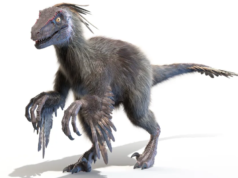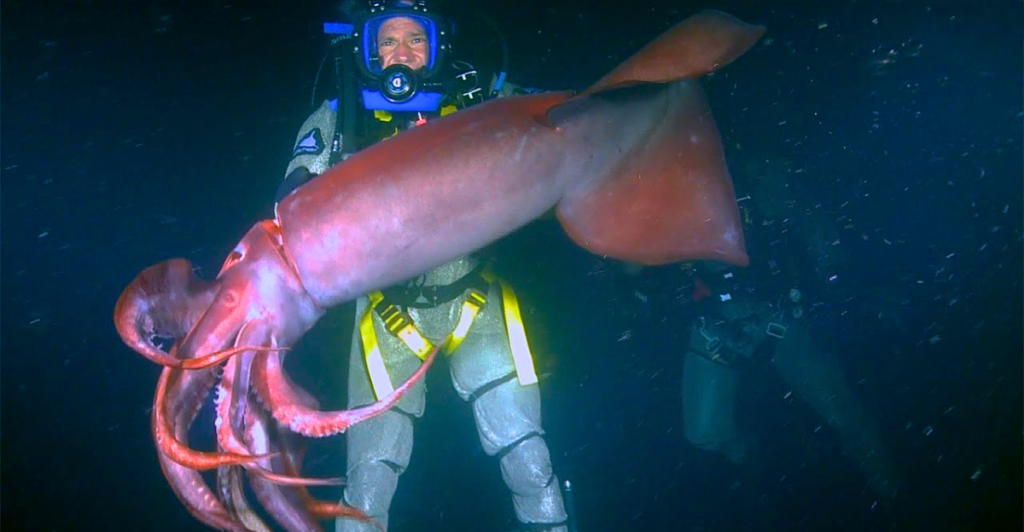
In recent years, studies have shown that Cephalopods, the family that octopuses, squids, and cuttlefish belong to, are highly intelligent animals that can solve complex tasks. Studies have found that these animals can even perform on par with human children in certain cognitive tests. This has implications regarding their intelligence and animal rights. Wanting more results, they decided to do another test.
The Cognitive Test
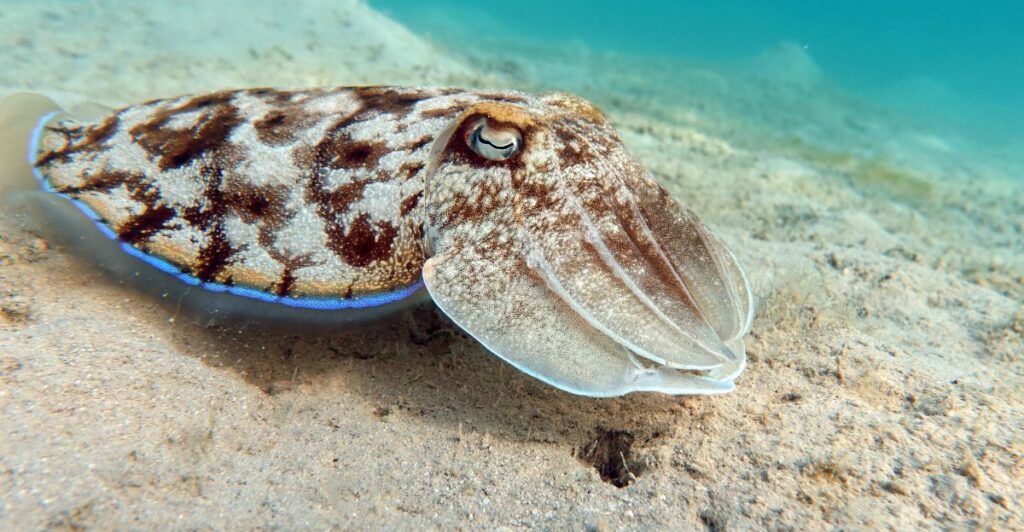
In 2021, the Stanford marshmallow experiment was redesigned with six cuttlefish to see how they would deal with memory and adaptability tests. Surprisingly, the cuttlefish showed just how intelligent they are. They refrained from eating a piece of raw prawn that was immediately available to them because they knew that they’d be rewarded for their patience with a live shrimp to eat.
Study Findings
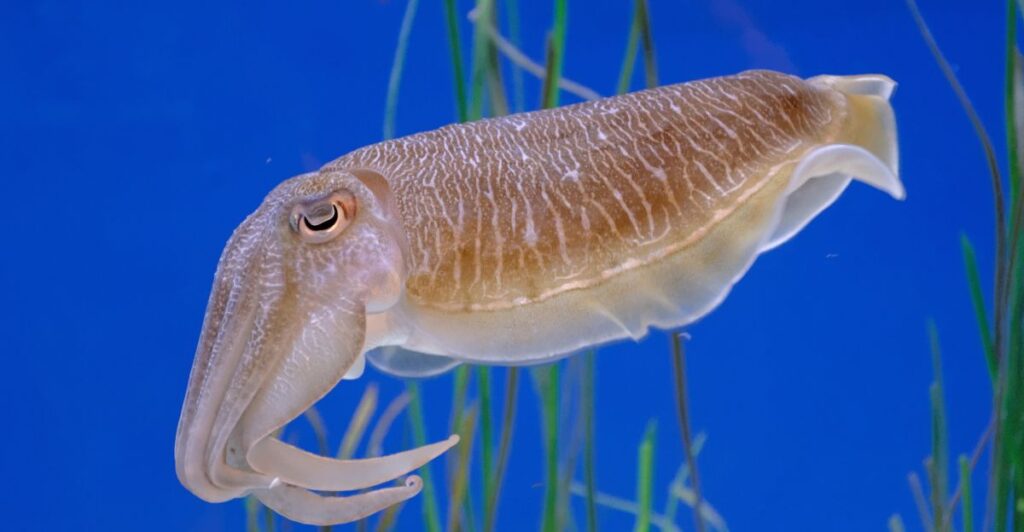
Dr. Alexandra Schnell from the University of Cambridge has devoted much of her research to cephalopods. She believes that this test doesn’t determine whether or not the cuttlefish were exerting self-control or changing their patterns due to prey availability, but regardless, it shows how quickly they can learn consequences and adapt to their own benefit.
Evolution
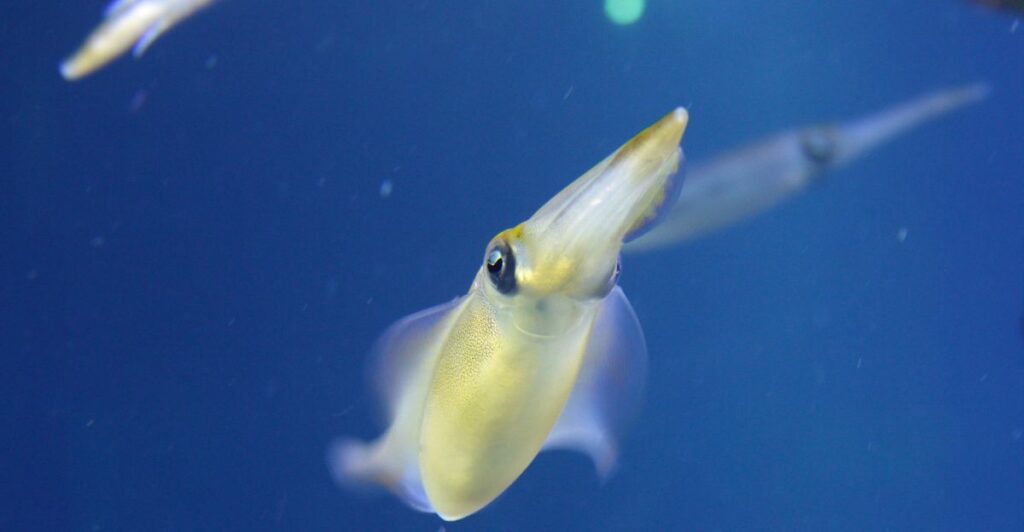
How quickly the cuttlefish learned to be patient may be a part of their evolutionary traits, like the way they hunt. Dr. Schell said, “they break camouflage when they forage, so they are exposed to every predator in the ocean that wants to eat them. We speculate that delayed gratification may have evolved as a byproduct of this, so the cuttlefish can optimize foraging by waiting to choose better quality food.”
Solving Puzzles Quickly

The findings of these tests raise important questions regarding the treatment of cephalopods in research and captivity, with cuttlefish and other cephalopods showing such high levels of intelligence. Their unique nervous systems may be part of the reason why they are such clever animals.
Understanding Cephalopod Intelligence
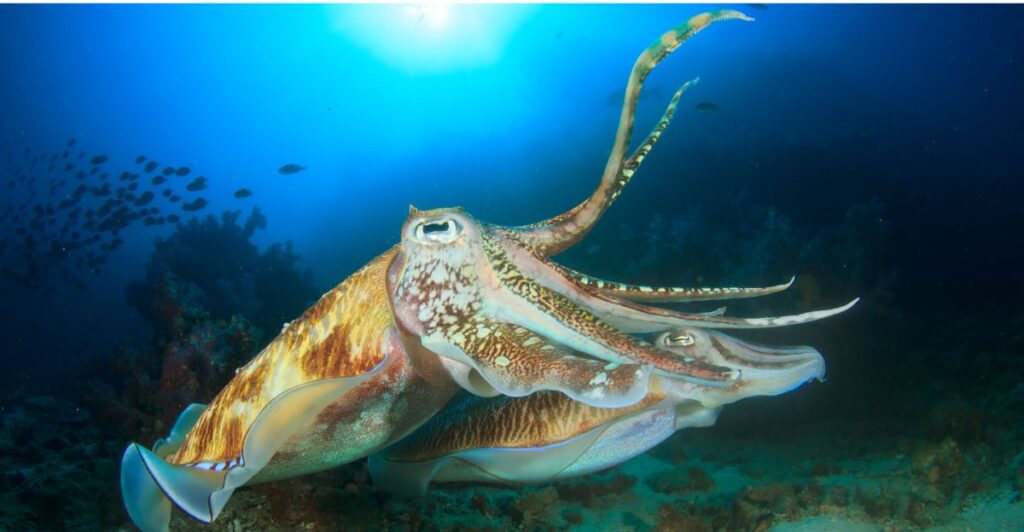
Cephalopods have the most advanced nervous system of any invertebrate and even rival many vertebrates. This assists their ability to learn so quickly and brings into question just how conscious they are of themselves and everything around them.
Comparison with Other Animals
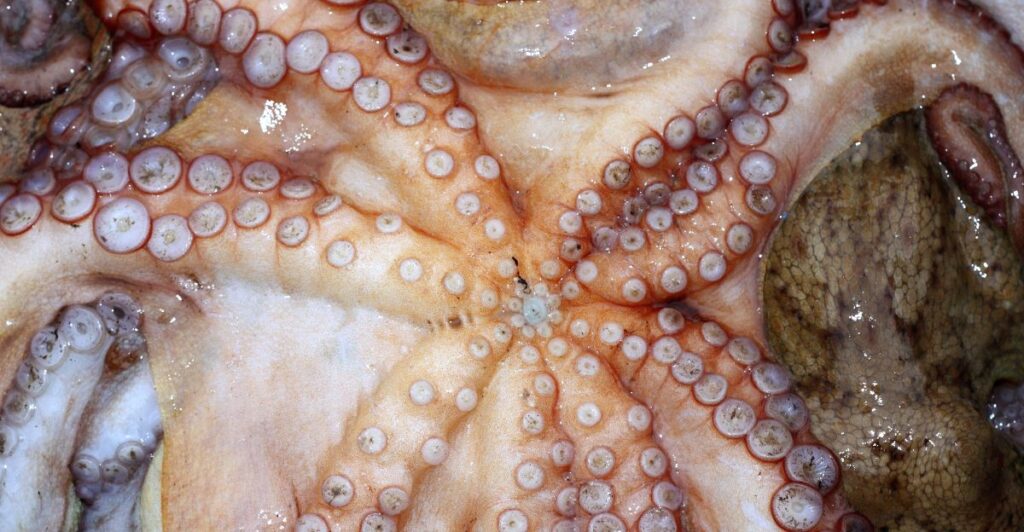
Through evolution, cephalopods had their brain develop differently, with a fusion of muscular ganglia that created lobes that are connected by many nerves which directly control the appendages. This means that cephalopods have the same comparative intelligence as bigger-brained animals like primates and crows.
Ethical Considerations in Research
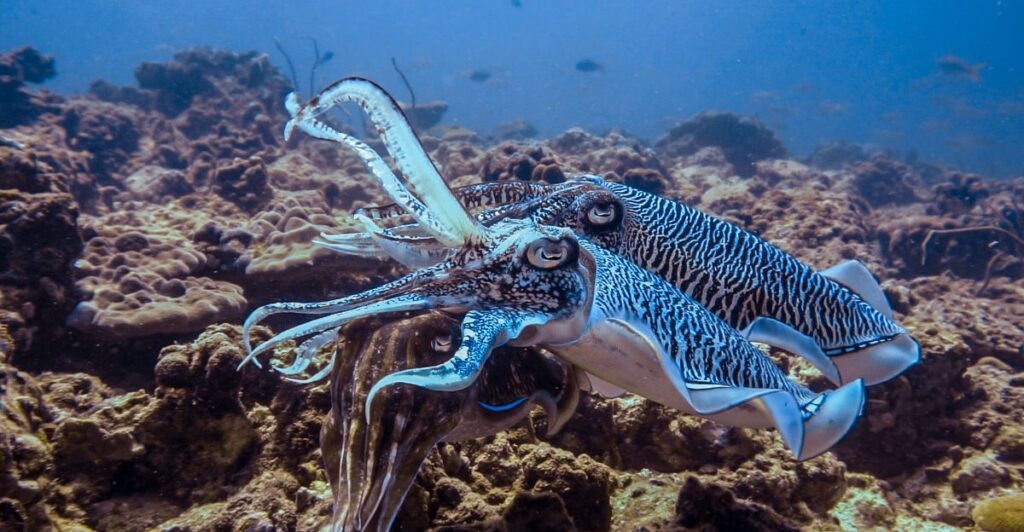
The study of cephalopods through testing is becoming more debated. There are already laws in place by The National Institute of Health that enforce the humane treatment of animals when research is being conducted.
Not Protected
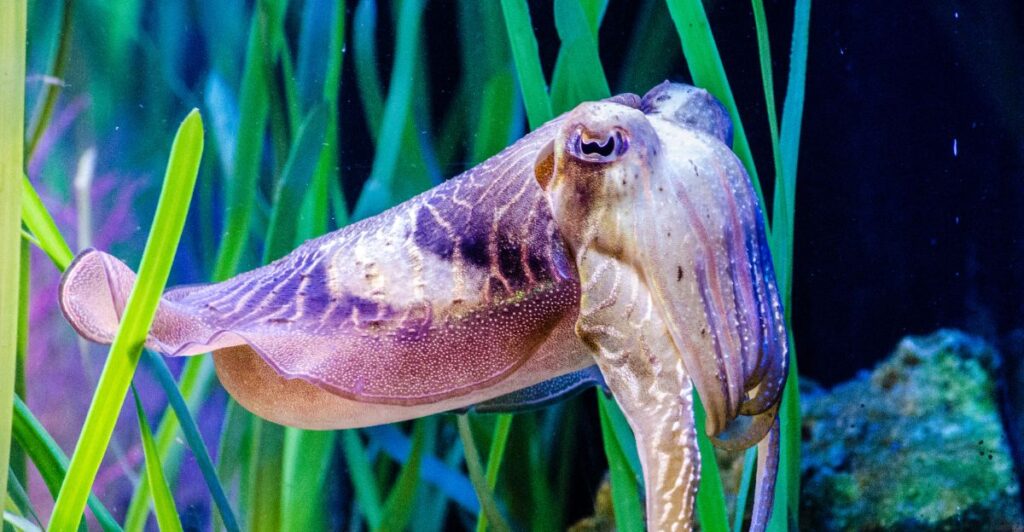
Cephalopods aren’t protected by the laws that The National Institute of Health enforces because they are invertebrates, which means they fall into a broad category of animals defenseless to less ethical practices. Many animal activists have voiced their concerns and want cephalopods to fall under the NIH laws as well.
Public Perception of Cephalopods
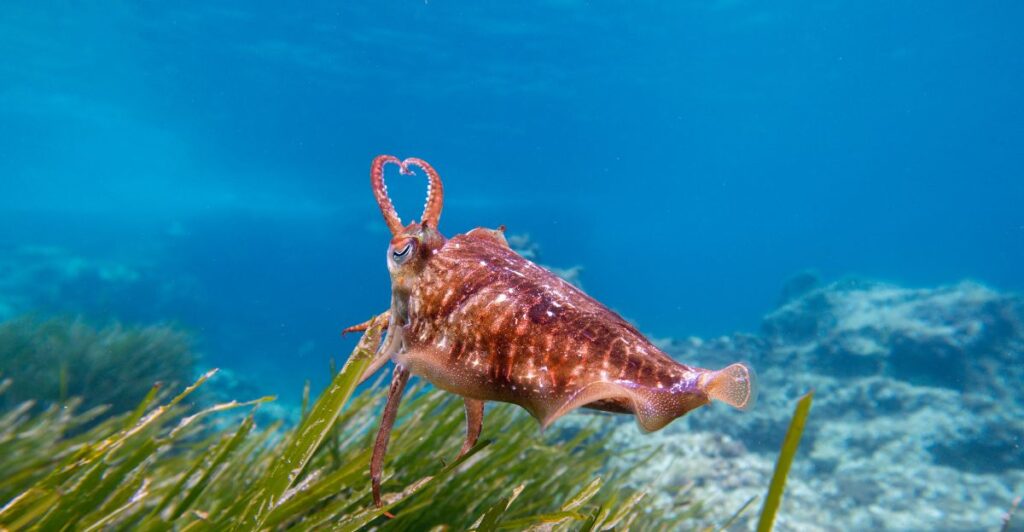
With more and more examples of cephalopods showcasing their amazing problem-solving abilities, more people are becoming aware of their intelligence. This could shift the perception of the animals in a direction that could lead to them getting fair rights when being studied.
Legislative Actions
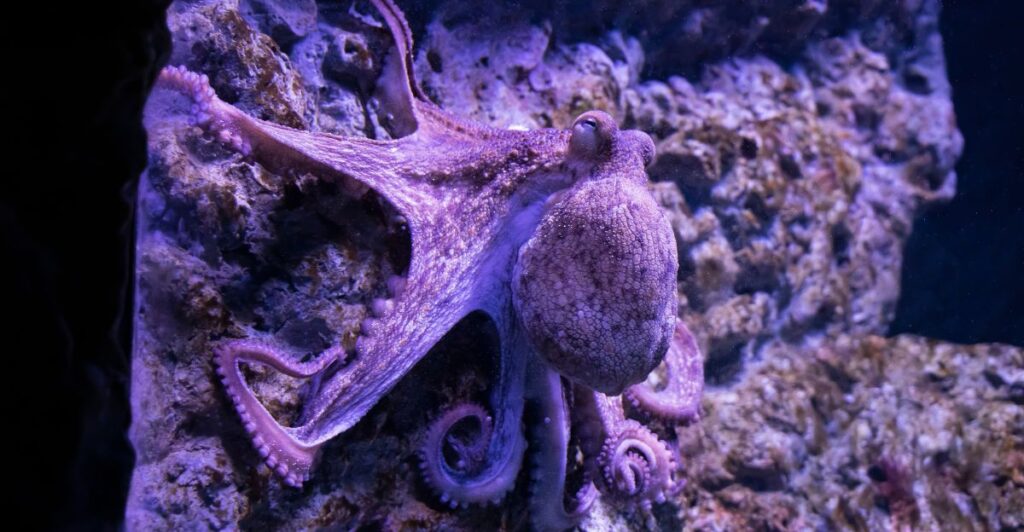
Some countries have noticed these tests and have started putting plans in action to ensure that legislative changes aimed to protect cephalopods will go into place. Some of these countries are Canada, The European Union, The United Kingdom, Norway, and Switzerland.
Future Research Directions
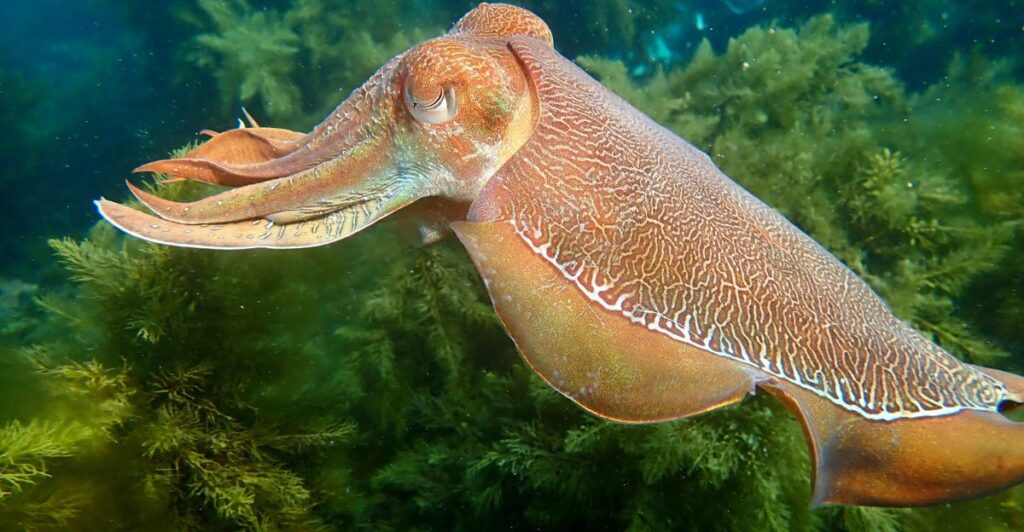
Future studies will aim on finding out just how advanced their cognitive abilities reach. Looking at thei social structure could show us a window into more of their cognitive abilities. Studies, both in the future and in the past, also aim to find out what kind of pain cephalopods experience.
The Concept Of Pain
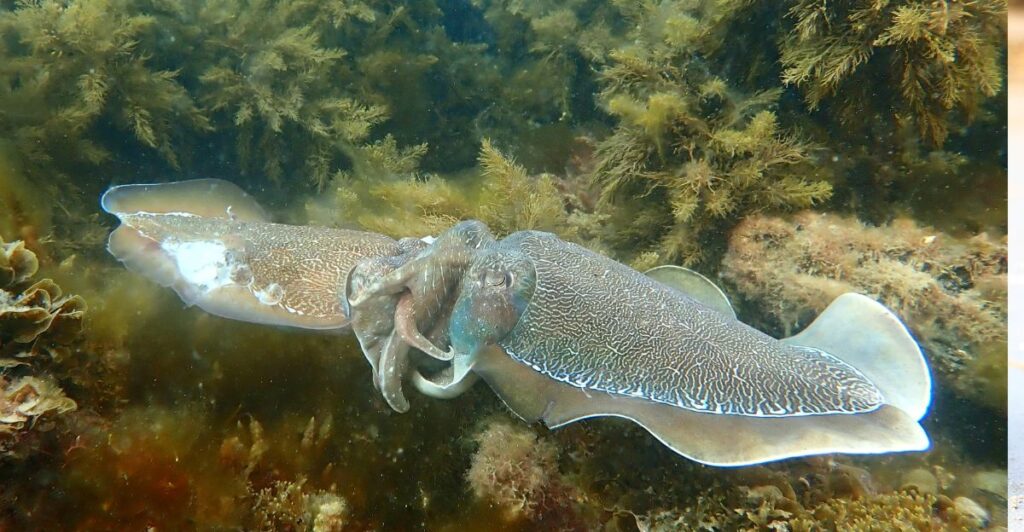
A study conducted in 2021 aimed to find out how octopuses experience pain. The study focused on the “unpleasant” element of pain rather than the intensity. The study was conducted at San Francisco State University, where octopuses were put into a box and received an injection of acetic acid, which was painful. Another box would have them injected with a pain reliever. The octopuses would go to the latter box and avoid the painful injection, forming evidence that cephalopods do, in fact, feel pain despite not being protected by the laws that vertebrates are.
Cognitive Abilities And What It Means For Their Welfare
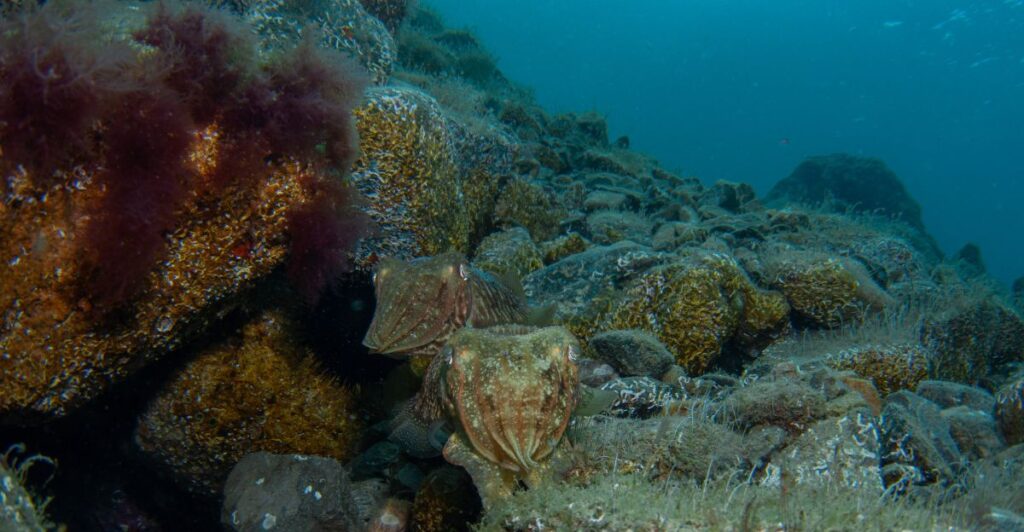
The cognitive abilities that cephalopods display are well within the range of other animals that are protected by the NIH. It stands to reason that if they have the same concept of pain as vertebrates, like rats, and the problem-solving skills of human children, then they should be protected as well. It remains to be seen whether or not legislation will be put into place in the United States and if new research could uncover more evidence for or against activists.
Discover more of our trending stories and follow us to keep them appearing in your feed

Scientists Are Bringing Back The Wooly Mammoth
Climate Change Overestimated? New Data Shows Oceans Are Cooling The Planet Faster Than Predicted
The War on Cows Is Over—And Green Extremists Have Lost
There Will Be Eruptions”: Concerns Mount as Yellowstone Supervolcano Activity Shifts
References:
Reference 1
Reference 2
This article first appeared here
Stay connected with us for more stories like this! Follow us to get the latest updates or hit the Follow button at the top of this article, and let us know what you think by leaving your feedback below. We’d love to hear from you!



